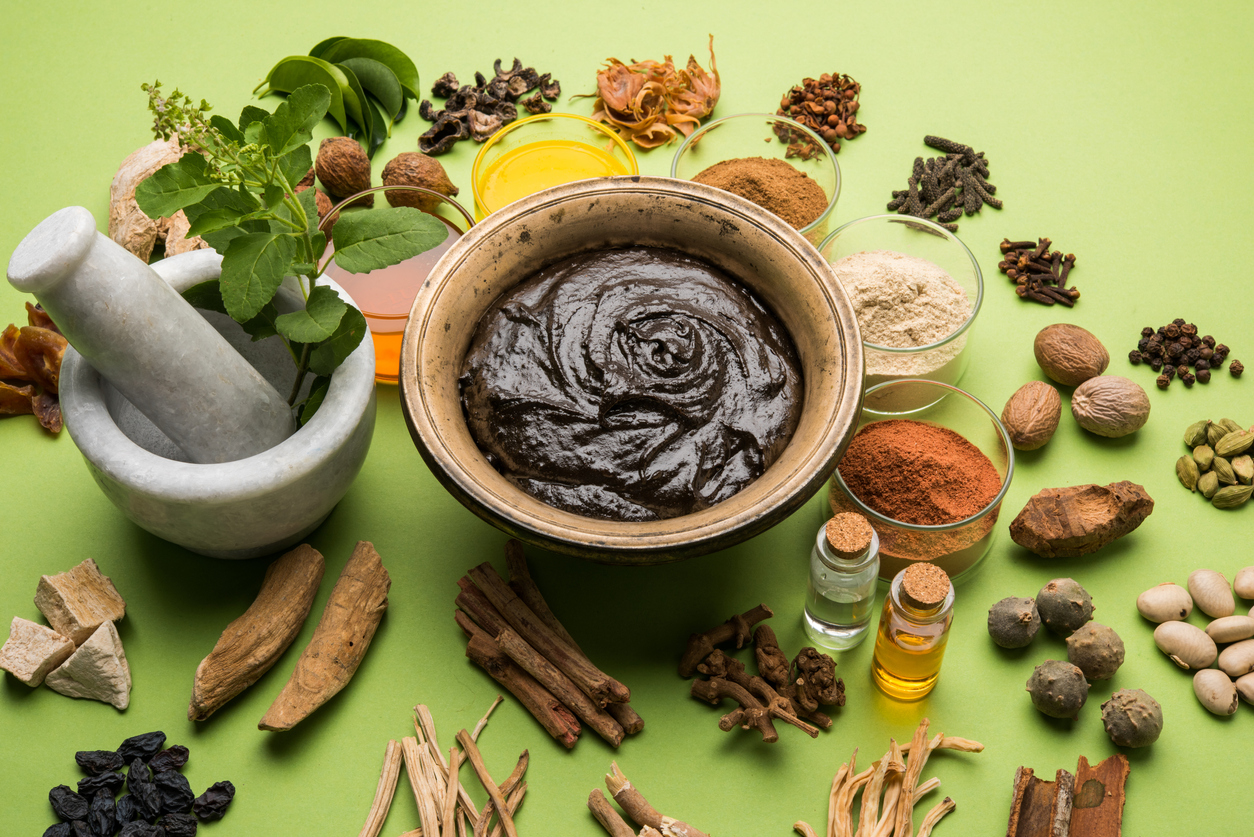
COVID boosted demand for medicinal herbs: Dabur's procurement chief

There has been a huge demand for medicinal herbs and aromatic plants owing to heightened consumer interest in immunity-boosting products after COVID, said Somit Mukherjee, Chief Procurement Officer, Dabur India, in a Zoom interview with The Federal.

With Rs 11,000 crore revenue last year, Dabur is India’s largest Ayurveda-based, fast-moving consumer goods company (FMCG), with over 250 products made from about 60 herbs.
The number of suppliers participating in the company’s annual online procurement rose to 60-70 from 40-60. The response in the last two years was the best since 2002 when online bidding was initiated to improve transparency and reach, Mukherjee said. Herbs found in the wild or grown casually made their way into the market as non-governmental organisations (NGOs) and self-help groups sought the company’s help in identifying herbs of interest, and aggregated them from small farmers.
Also Read: Survey shows high consumption of vitamin C-rich fruits, zinc supplements during COVID
The company’s 2020-21 annual report says its healthcare business saw “high tailwinds” with growing consumer demand for Ayurveda-based immunity-building products. Sales in the vertical, which accounts for 36 per cent of the company’s FMCG business, grew 32 per cent. The report says competition in segments like chyawanprash was acute as new players entered the market and existing ones sought to expand their share. But the 2021-22 annual report says sales of health supplements ended flat despite strong growth in the first half of the year due to high-base effect and “waning demand for immunity products”, indicating that interest in health and wellness in a segment of consumers was episodic. Mukherjee said though demand for wellness products had levelled off, it had settled at a higher level.
Mukherjee said small and marginal farmers (those with fewer than 5 acres of land) could grow medicinal herbs and aromatic plants as an additional, steady source of income. Though their prices are volatile, they are range-bound. He did not recommend farmers shifting land from bread-and-butter field crops. Those interested in cultivating medical herbs could contact the company through its website, he said.
According to the Lucknow-based Central Institute of Medicinal and Aromatic Plants, the cultivation of menthol-rich mint varieties which mature in three months can yield a profit of Rs 60,000 per hectare. The cultivation of khus (poppy seeds) with an improved oil yield of 25 kg per hectare is also very profitable. Geranium cultivated in degraded, saline soils can provide an additional source of income to small and marginal farmers, it says.
Also Read: Why herd immunity is no panacea for COVID
Dabur has contract-farming arrangements with 9,770 herb growers. It also collects honey from 4,675 beekeepers. The company has a tribal outreach programme too. The Udaipur regulated market yard, for instance, trades in minor forest produce like amla, neem, white musli and mahua after the government eased the regulations.
Mukherjee said Dabur buys dried amla from the tribals of Rajasthan. It is also engaged with tribals in Odisha. The company supplies about 30 lakh herb saplings from its nurseries in Pantnagar (Uttarakhand) and Banepa in Nepal, he said. It has also set up a sandalwood tree farm to meet its requirements of sandal oil, as it takes about 15 years for the tree to be oil-bearing.
Mukherjee said overseas interest in herbal preparation came from the diaspora. There was considerable interest also in Russia, even though Indians did not form a significant group there. Since Dabur sells formulations, getting approval from the food and drug administrations of European and American markets was difficult. In view of demand, it has started marketing single herb tablets like haldi, tulsi, basil, giloy and ashwagandha tablets.

